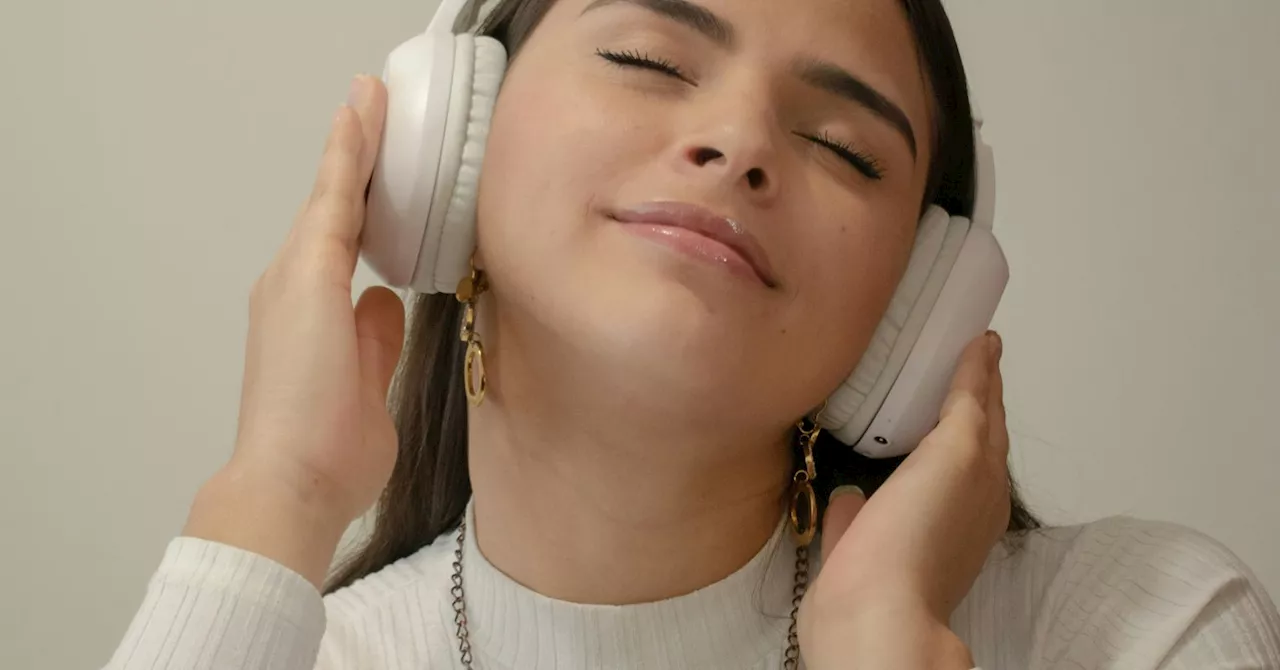This article explores the multifaceted benefits of music, highlighting its ability to alleviate stress, boost brain function, foster social connection, and enhance overall well-being. It delves into how music can be effectively utilized in various settings, particularly the workplace, to create a more positive and productive environment.
Many surgeons listen to music while conducting surgical procedures. Sometimes, the weight of economic, social, relationship, and work pressures can leave you tense and exhausted. Research has shown how dangerous toxic stress is to physical and mental well-being—not to mention appearance. Too much stress can make you more susceptible to illness, affect your sleep, and even damage your relationships.
A couple of months ago, I was at a friend’s house along with about two dozen of my coworkers and their family members. One of the entertainment activities was karaoke. The highlight of the gathering was when 'Sweet Caroline' came on and everybody, young and old, was on their feet singing as loudly as they could and having fun. Even those who did not know Neil Diamond’s lyrics word for word were still enjoying the atmosphere, at least humming along. While the excitement was unfolding, I looked over my shoulder and saw more of my coworkers smiling and dancing with no worries in the world. I immediately imagined a workplace where people were having the same level of fun without any self-consciousness or place. And some jobs and workplaces are inherently more stressful than others. Obviously, people cannot totally escape stressful situations at work, but they can definitely find ways to make things better. One of those ways is by listening to music. or any other physical engagements or to calm their nerves when under pressure. Professionals in high-pressure jobs use music to relax themselves. Worldwide, about 53 to 72 percent of surgeons play music during surgery.People exercise while listening to music to relieve stress or—depending on the tempo—to get some adrenaline flowing. While studying for MCAT, NCLEX, LSAT, EPPP, IEEE, or any other kind of professional test, some people listen to classical music such as Beethoven to get their heads in a mental space for studying. Therapists encourage their patients to listen to music as a means of relaxing and also for self-reflection. Some athletes listen to songs for pregame preparation to get their minds right for the challenge ahead.From these scenarios, it is clear that people use music to express and, at times, to change their feelings. It is obvious that listening to music is a powerful tool either to relax or uplift the spirits. This is why it is said that “music is a universal language.” Since listening to music serves multiple purposes, it would be a great idea to promote the use of musicin all forms, especially in the workplace. With the exception of music causing a distraction in certain cases, the use of music in the workplace, especially to relax the mind and increase performance and job satisfaction, can be highly beneficial. Here are three ways music can enhance your well-being:Can you think of a song that brightens your day or reminds you of someone each time you hear it? You can remember a song that means so much and always puts a smile on your face each time you hear it, or even if you anticipate hearing it at certain places. Good songs have a way of instantly sending you into an emotionally safe place. Imagine either starting your shift at work by listening to positive music or in a break room with soundproof walls or headphones listening to your favorite music—all to relieve stress. Managers should support their team members by providing a space for music and see how they respond to their job tasks.Listening to music is good for the brain because it keeps your brain networks strong. Unfortunately, any parts of the brain that are not utilized or activated are weakened while those parts that are used are strengthened—basically a “use it or lose it” type of deal. If regularly playing or listening to music can strengthen your brain, why not give it a try? Keep in mind, as research suggests, that music that plays at about 60 beats per minute is best for encouraging alpha brainwaves that signal a relaxed and conscious mind.At least two globally recognized songs are used to foster peace and harmony.'One Love' by Bob Marley has been used to promote world peace by UNICEF during thepandemic, and'Imagine' by John Lennon has had the effect of drawing people together, whether in concerts or official gatherings. There is power in music. Even participating in community singing can bring people from different cultures together for a peace talk. Interestingly, music has brought younger generations from different geographical backgrounds together more than any other means. People who listen to music or play instruments have the potential to develop emotional competence through the lyrics and performance.Music is simply a beautiful form of art that communicates beyond any particular language or age. Music appeals to anyone who is willing to listen—whether in the boardroom, bedroom, hospital, hospice, assembly lines, or wherever sound can penetrate. Music leaves a lasting impression that echoes even after it stops playing; it harmonizes the brain and can even help in resolving disputes or solving difficult puzzles. Give it a try, and you will never regret i
Music Therapy Stress Relief Brain Function Workplace Wellbeing Social Harmony
United States Latest News, United States Headlines
Similar News:You can also read news stories similar to this one that we have collected from other news sources.
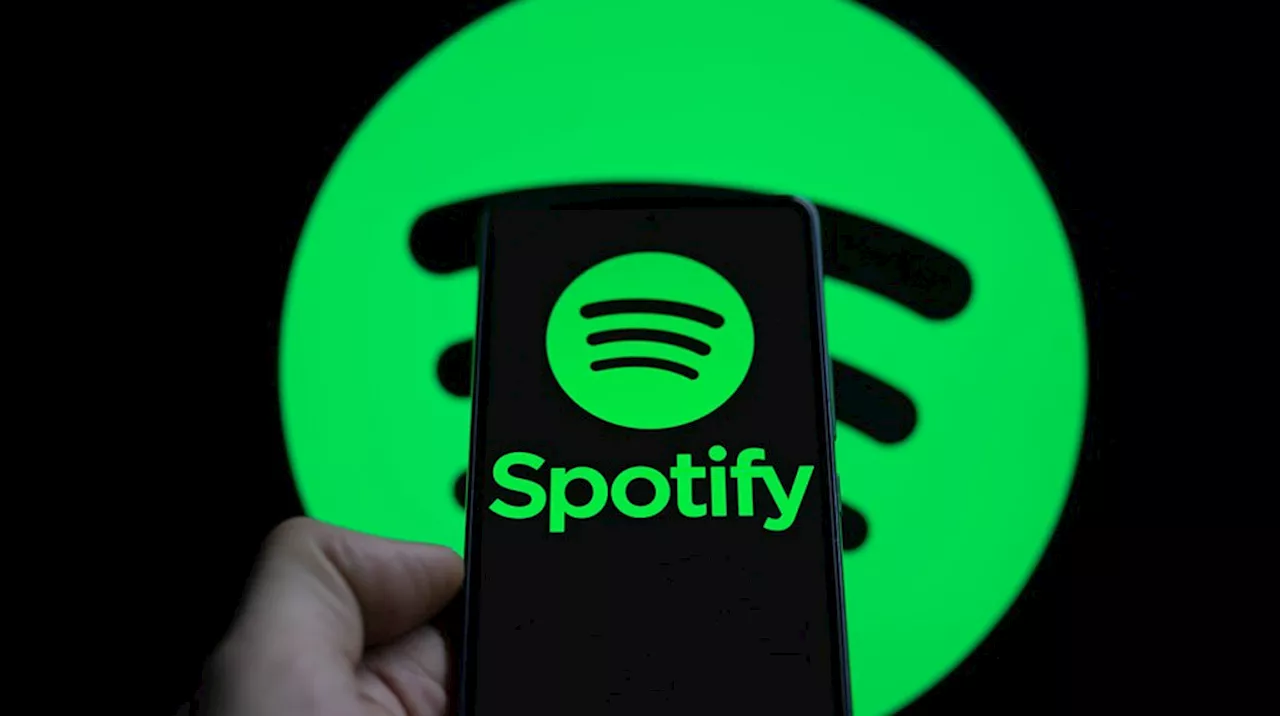 Spotify, Universal Music Strike New Deal For Recorded Music & PublishingSpotify and the Universal Music Group have struck a new deal that will expand platform monetization and change how songwriters get paid for streams.
Spotify, Universal Music Strike New Deal For Recorded Music & PublishingSpotify and the Universal Music Group have struck a new deal that will expand platform monetization and change how songwriters get paid for streams.
Read more »
 Power companies douse Los Angeles power poles with retardant to protect power grid during firesWith multiple wildfires still burning across the county, several Los Angeles power companies have started to try and get ahead of the potentially volatile and erratic flames, working to mitigate additional risks by clearing dry vegetation and protecting valuable power lines.
Power companies douse Los Angeles power poles with retardant to protect power grid during firesWith multiple wildfires still burning across the county, several Los Angeles power companies have started to try and get ahead of the potentially volatile and erratic flames, working to mitigate additional risks by clearing dry vegetation and protecting valuable power lines.
Read more »
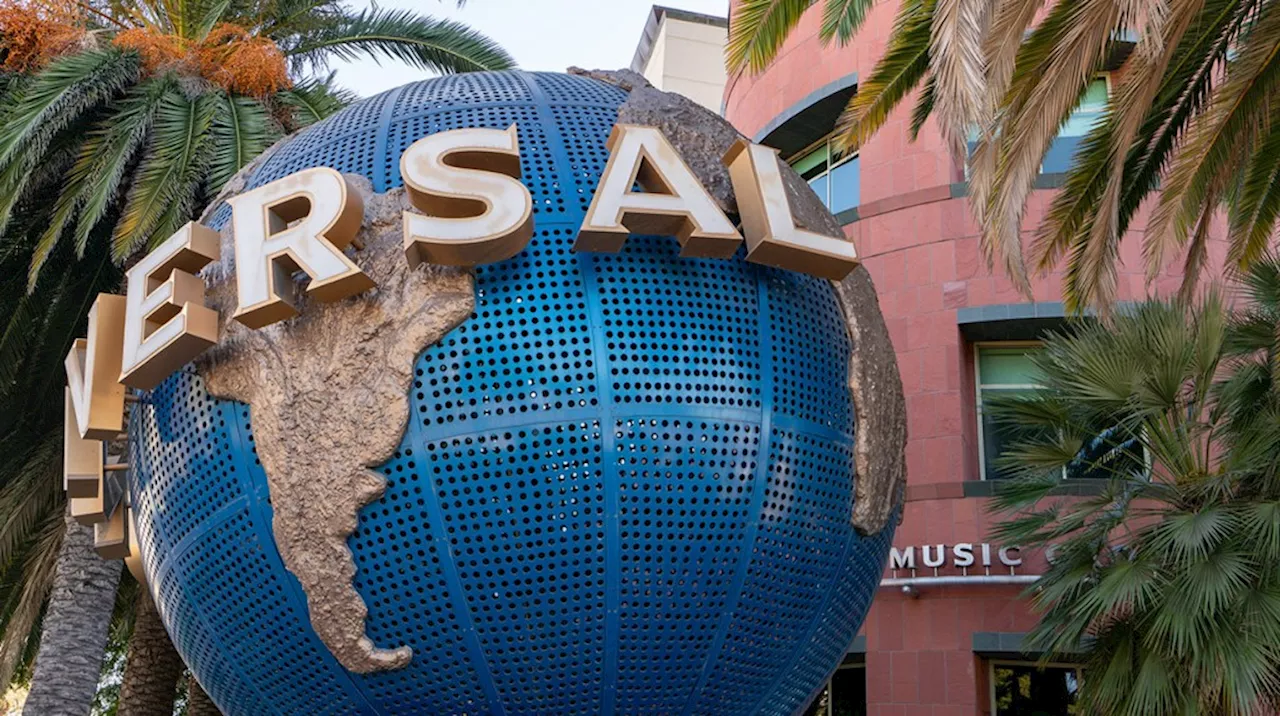 Music Stocks Soar on UMG Licensing Deal and Spotify Price HikesMusic stocks experienced a significant surge this week, fueled by a new licensing agreement between Universal Music Group (UMG) and both Spotify and Amazon, and Amazon's announcement of higher prices for its music streaming service. The deal, which will introduce new paid subscription tiers on Spotify, is seen as a positive development for the music streaming industry. UMG stock rebounded strongly after a recent dip, and other music companies like Warner Music Group, Believe, and Reservoir Media also saw gains. Spotify, meanwhile, reached a record closing price, driven by analyst price target increases and a favorable court ruling.
Music Stocks Soar on UMG Licensing Deal and Spotify Price HikesMusic stocks experienced a significant surge this week, fueled by a new licensing agreement between Universal Music Group (UMG) and both Spotify and Amazon, and Amazon's announcement of higher prices for its music streaming service. The deal, which will introduce new paid subscription tiers on Spotify, is seen as a positive development for the music streaming industry. UMG stock rebounded strongly after a recent dip, and other music companies like Warner Music Group, Believe, and Reservoir Media also saw gains. Spotify, meanwhile, reached a record closing price, driven by analyst price target increases and a favorable court ruling.
Read more »
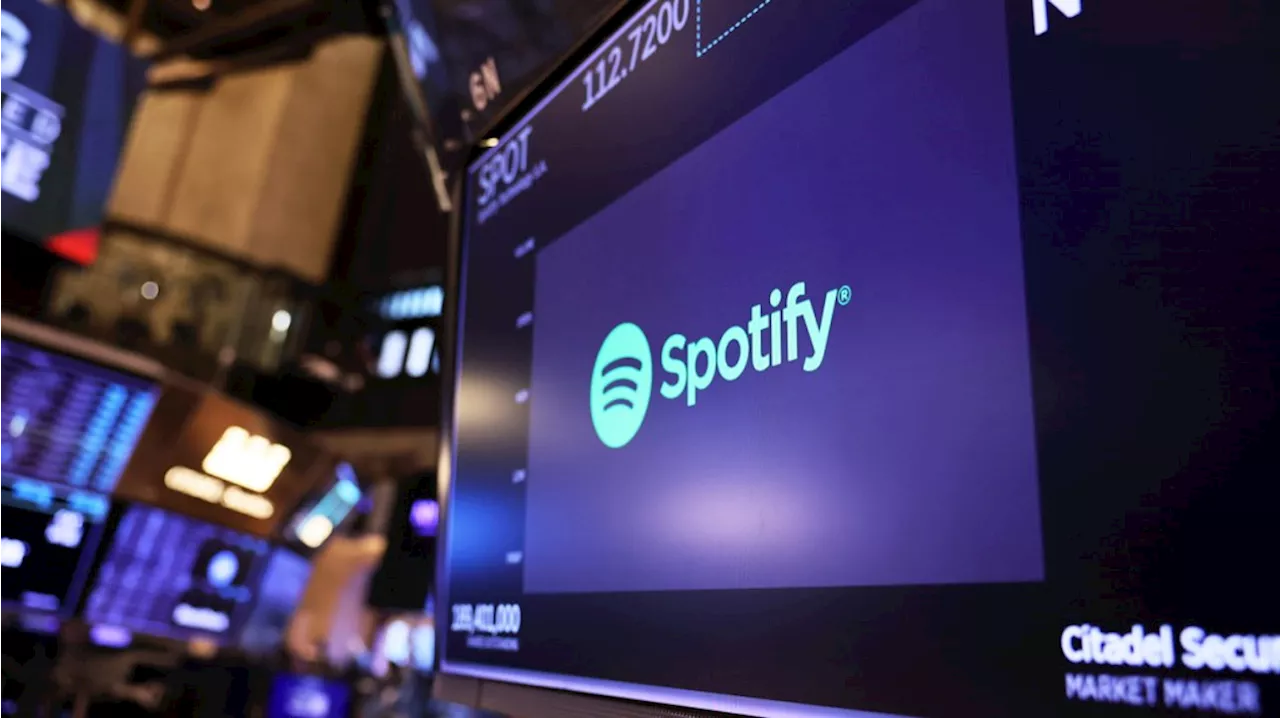 Spotify's Market Cap Surpasses Value of All Standalone Public Music Companies CombinedSpotify's share price continues to soar, making its market capitalization worth more than every standalone, publicly traded music company from which it licenses music combined. This surge in value puts Spotify ahead of even major music groups like Universal Music Group and Warner Music Group, highlighting the streaming giant's dominance in the music industry.
Spotify's Market Cap Surpasses Value of All Standalone Public Music Companies CombinedSpotify's share price continues to soar, making its market capitalization worth more than every standalone, publicly traded music company from which it licenses music combined. This surge in value puts Spotify ahead of even major music groups like Universal Music Group and Warner Music Group, highlighting the streaming giant's dominance in the music industry.
Read more »
 Universal Music Group Cancels Grammy Events, Redirects Resources to Wildfire ReliefUniversal Music Group (UMG) has canceled all of its Grammy-related events, including its artist showcase and after-Grammy party, in light of the devastating wildfires in Los Angeles. The company will instead redirect the resources to assist those affected by the wildfires. UMG also previously announced a $1 million donation to support fire relief and rebuilding efforts in the L.A. region.
Universal Music Group Cancels Grammy Events, Redirects Resources to Wildfire ReliefUniversal Music Group (UMG) has canceled all of its Grammy-related events, including its artist showcase and after-Grammy party, in light of the devastating wildfires in Los Angeles. The company will instead redirect the resources to assist those affected by the wildfires. UMG also previously announced a $1 million donation to support fire relief and rebuilding efforts in the L.A. region.
Read more »
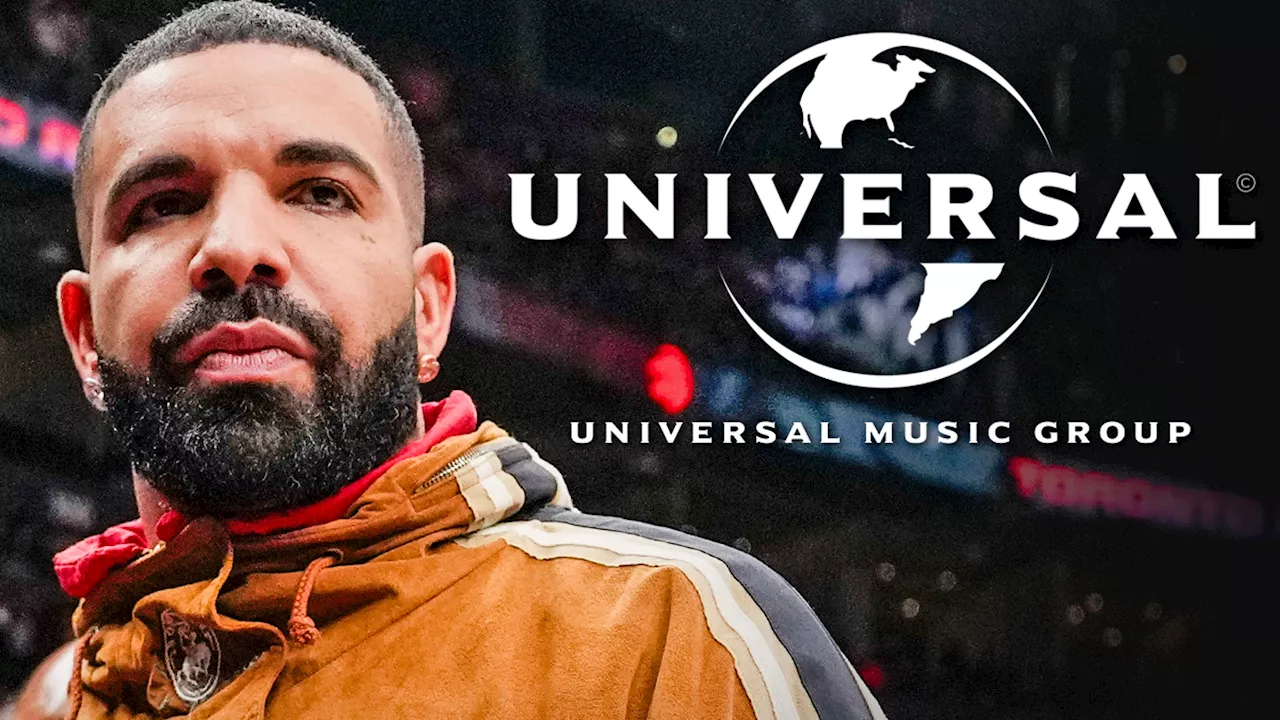 Drake Sues Universal Music Group for Promoting 'False and Malicious' Pedophilia AccusationsDrake has filed a lawsuit against Universal Music Group (UMG) alleging the label knowingly promoted Kendrick Lamar's diss track 'Not Like Us,' which contains lyrics and imagery accusing Drake of pedophilia. Drake claims UMG acted with an ulterior financial motive, knowing the accusations were false and harmful to his brand and reputation. He also alleges UMG engaged in fraudulent practices to inflate the song's popularity and secured Kendrick Lamar's Super Bowl performance to further promote the controversial track.
Drake Sues Universal Music Group for Promoting 'False and Malicious' Pedophilia AccusationsDrake has filed a lawsuit against Universal Music Group (UMG) alleging the label knowingly promoted Kendrick Lamar's diss track 'Not Like Us,' which contains lyrics and imagery accusing Drake of pedophilia. Drake claims UMG acted with an ulterior financial motive, knowing the accusations were false and harmful to his brand and reputation. He also alleges UMG engaged in fraudulent practices to inflate the song's popularity and secured Kendrick Lamar's Super Bowl performance to further promote the controversial track.
Read more »
